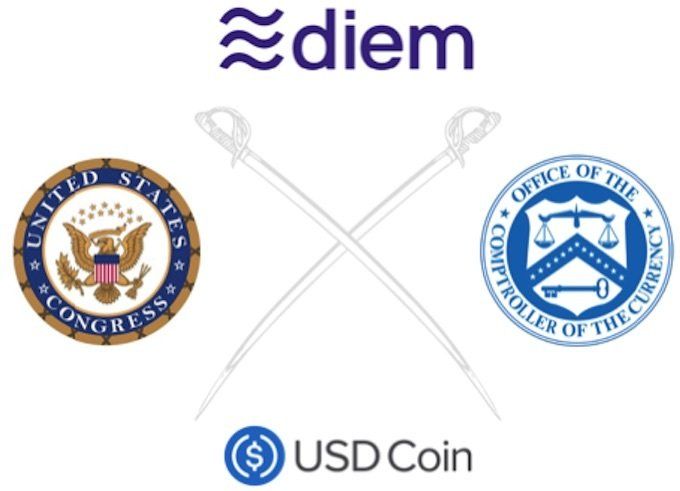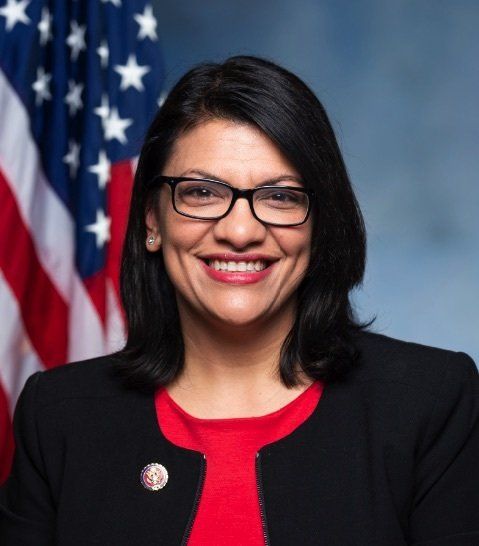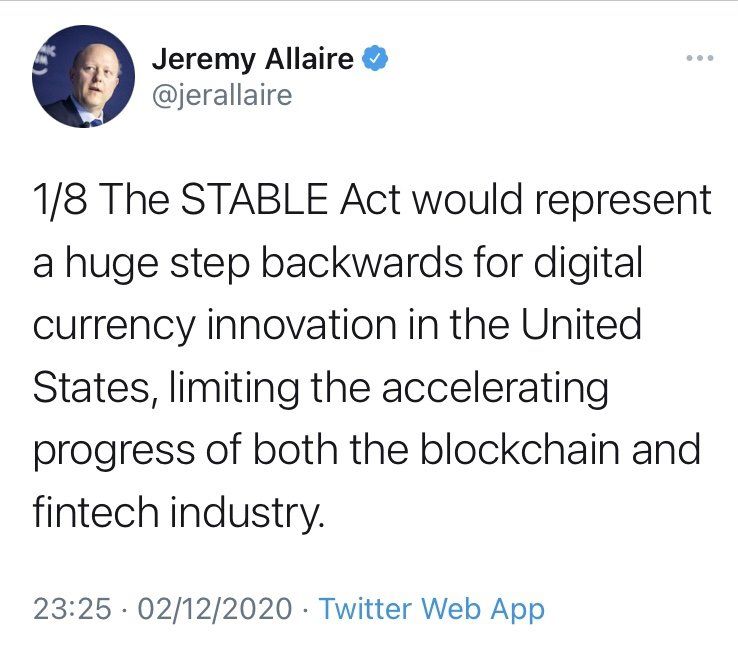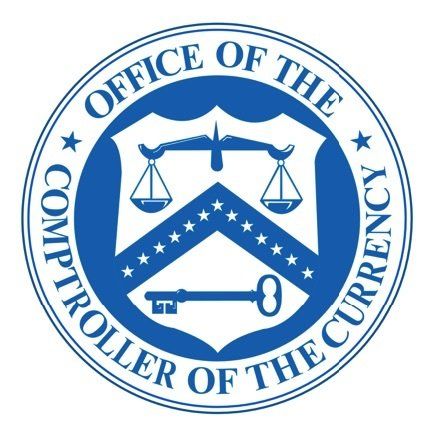Global Stablecoins Become Regulatory Battleground
Congresswoman Rashida Tlaib targets Facebook’s Diem and other Global Stablecoins with the Stablecoin Tethering and Bank Licensing Enforcement Act.
- Require any prospective issuer of a stablecoin to obtain a banking charter.
- Require that any company offering stablecoin services must follow the appropriate banking regulations.
- Require that any company or bank issuing a stablecoin to notify and obtain approval from the Fed, the FDIC, and the appropriate banking agency 6 months prior to its issuance.
- All stablecoin issuers must obtain FDIC insurance or otherwise maintain reserves by backing their stablecoin with the Federal Reserve.
- They would also be required to undergo ongoing analysis of any systemic risk.
There was immediate pushback from the crypto community which argued that this is overly burdensome and would stifle innovation. In essence, the bill is applying a key component of banking regulation to the emerging stablecoin industry.
Jeremy Allaire, CEO of Circle, responded by making the following Statement on Twitter,
"The STABLE Act would represent a huge step backwards for digital currency innovation in the United States, limiting the accelerating progress of both the blockchain and fintech industry. Our industry is delivering solutions that materially improve the speed, accessibility and cost efficiency of payments and banking in the US, and around the world. Any act of Congress in this sphere should be focused on embracing, investing in and supporting the incredible pace of open innovation that is happening with stablecoins and blockchain infrastructure. Forcing crypto, fintech and blockchain companies into the enormous regulatory burdens of Federal Reserve and FDIC regulation and supervision is inconsistent with the goals of supporting innovation in the fair and inclusive delivery of payments that comes from stablecoins. While there is clearly a critical long-term role for the Fed to play in the development of the standards and supervision around stablecoins, that should emerge from high levels of public-private engagement and collaboration. This collaboration should be focused around the technical and governance standards for stablecoins, which may ultimately require new forms of charters and supervision that haven't yet even been considered. We look forward to constructive engagement with Federal agencies as leading private sector actors continue to innovate in this rapidly emerging field."
The release also took aim at Acting Comptroller of the Currency (OCC) Brian Brooks for pro-cryptocurrency actions like allowing banks to custody digital assets for clients and proposing a rule that would prevent financial institutions from discriminating against industries.
On the next day the Acting Comptroller of the Currency Brian P. Brooks made the following statement at the meeting of the Financial Stability Oversight Council (FSOC) with respect to the issuance of FSOC’s 2020 annual report.
Statement by the Acting Comptroller of the Currency Regarding Issuance of FSOC's 2020 Annual Report
"I support issuance of the FSOC’s annual report and the recommendations set forth in the report. I thank the FSOC staff and staff of the other agencies for their hard work on this report. I believe that the FSOC’s recommendations strengthen the progress we have already made to enhance risk management and prudential controls in our financial system.
I’m particularly supportive of the report’s treatment of innovation. Financial innovation offers considerable benefits to consumers and providers of financial services by reducing costs, increasing the convenience of payments, and potentially increasing credit availability. Innovation can also create new risks that need to be understood. Such risks underscore the need for the development of oversight standards, appropriate regulation, and U.S. leadership. Some nations have begun exploring or using central bank digital currencies to enhance the global standing of their currencies and enable faster payments. Likewise, several nations have begun assessing whether and how privately issued stablecoins may facilitate faster and more efficient payments, provided that such activities are subject to appropriate regulation and oversight. Against this backdrop, it is important that U.S. regulators adopt an approach to digital assets that will provide for responsible innovation in a manner that is safe, fair, and compliant with all applicable laws. Providing clear guidance will accelerate the development of a 21st century financial system that is consistent with the changing needs of institutions and consumers within the U.S. and that is globally competitive."
Understandably there are concerns from all sides with everyone wanting to provide consumer safety and confidence. But forcing all of this innovation into the banking system is the surest way to stifle innovation at a time when co-operation is needed most.
While much of the focus recently has been on the regulators, members of Congress are become more educated on this issue so we are going to start to see many policy battles that will have a direct impact on the crypto industry.
Source:
December 2, 2020 Press Release - Tlaib, García and Lynch Introduce Legislation Protecting Consumers from Cryptocurrency-Related Financial Threats - https://tlaib.house.gov/media/press-releases/tlaib-garcia-and-lynch-stableact)
News Release 2020-167 | December 3, 2020 - Statement by the Acting Comptroller of the Currency Regarding Issuance of FSOC's 2020 Annual Report - https://www.occ.gov/news-issuances/news-releases/2020/nr-occ-2020-167.html
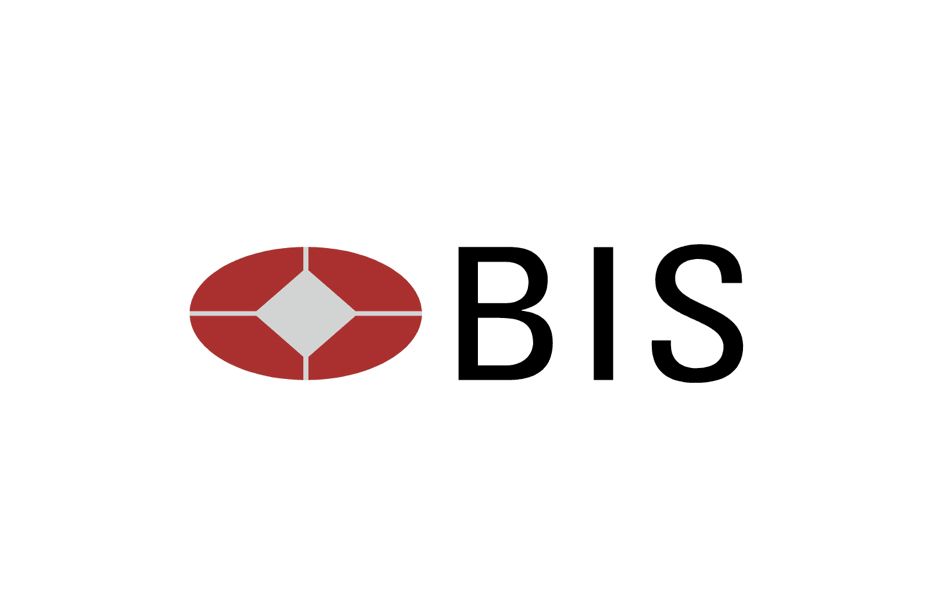
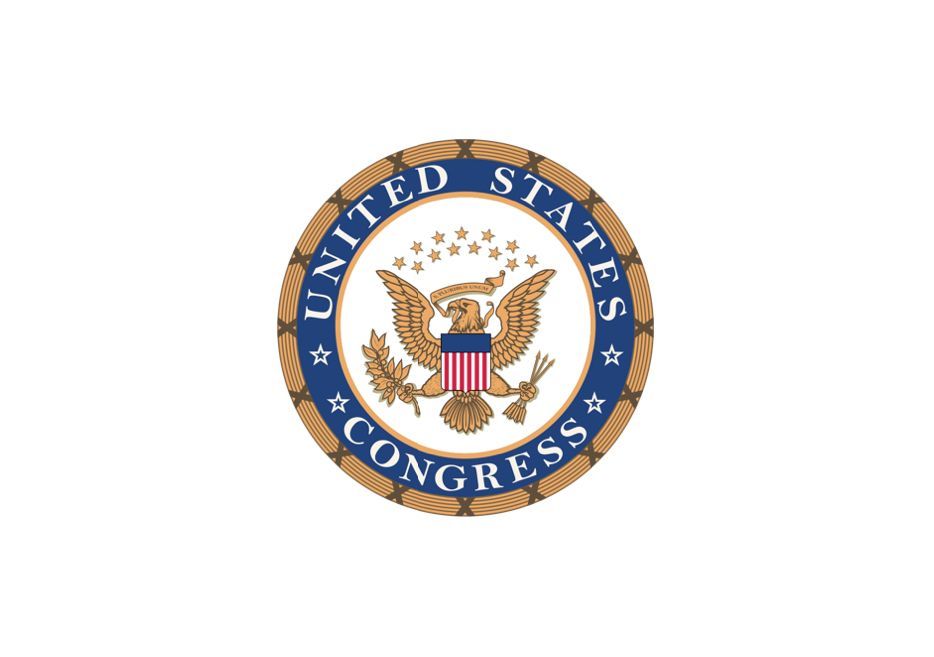

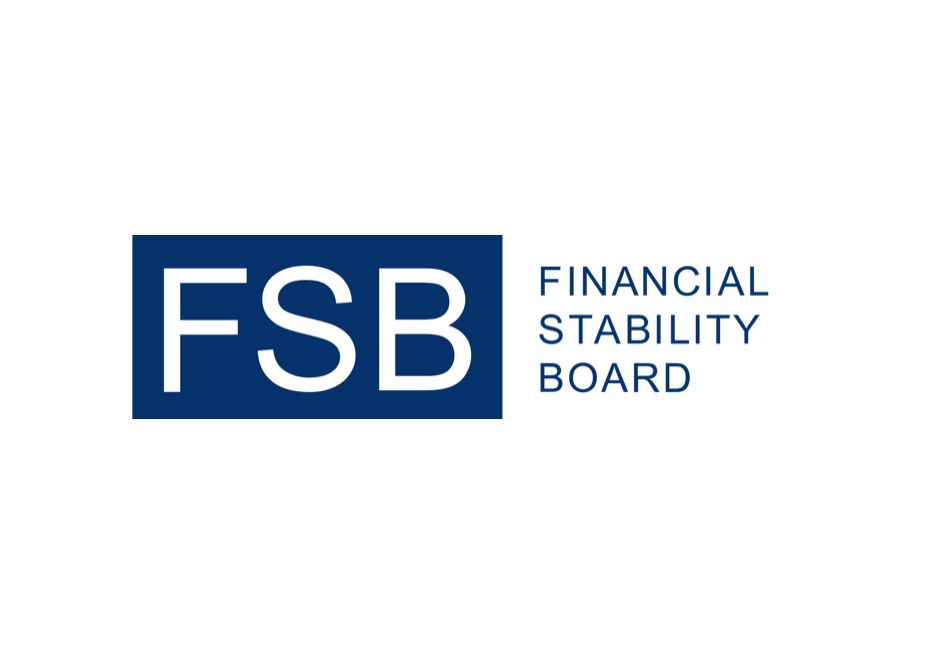
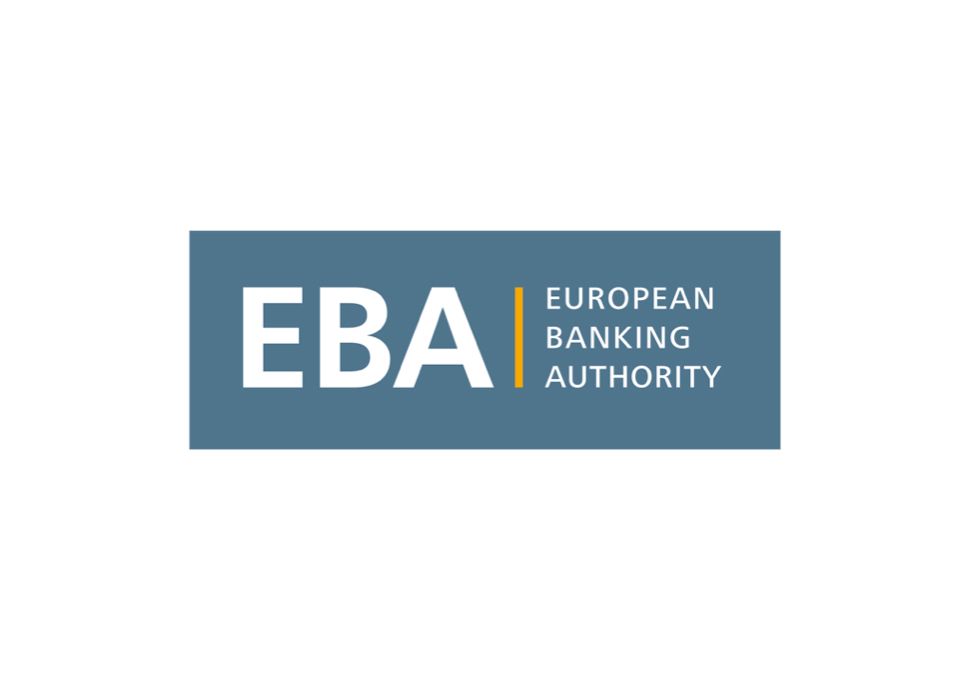

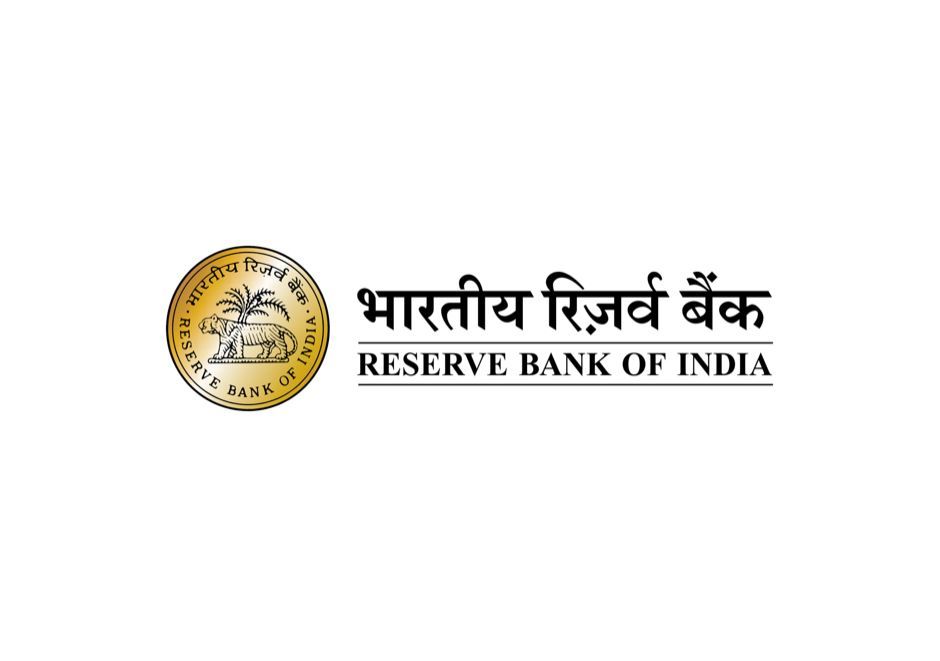
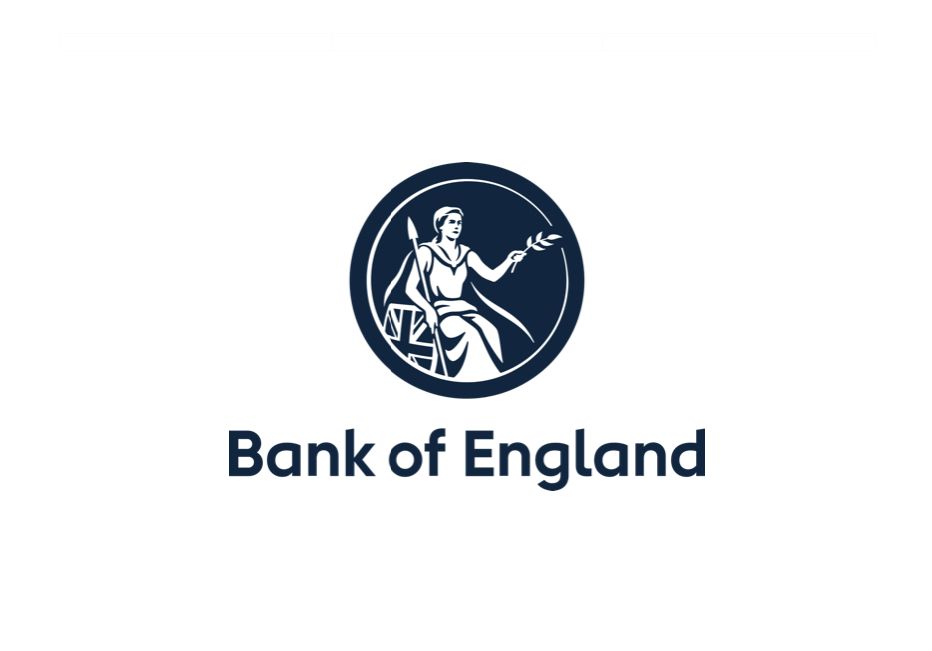

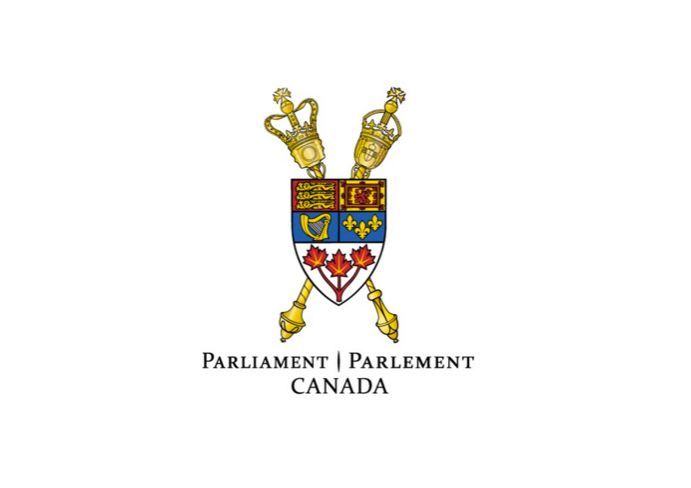
Disclaimer:
GlobalStablecoins.com is an informational website that provides news about coins, blockchain companies, blockchain products and blockchain events. Don’t take it as investment advice. Speak to an advisor before you risk investing in an ICO, Cryptocurrencies, Cryptoassets, Security Tokens, Utility Tokens, Exchange Tokens, Global Stablecoins, Stablecoins or eMoney Tokens. GlobalStablecoins.com is not accountable, directly or indirectly, for any damage or loss incurred, alleged or otherwise, in connection to the use or reliance of any content you read on the site.
Affiliate Disclosure / Sponsored Posts:
If a Sponsored Post contains any mention of a crypto project, we encourage our readers to conduct diligence prior to taking further action. GlobalStablecoins.com does not recommend that any cryptocurrency should be bought, sold, or held by you. Do conduct your own due diligence and consult your financial advisor before making any investment decisions.
GlobalStablecoins.com may receive compensation for affiliate links. Should you perform activities in relation to an affiliate link, it is understood that some form of compensation might be made to GlobalStablecoins.com. For example, if you click on an affiliate link, and sign up and trade on an exchange, GlobalStablecoins.com may receive compensation.
Before you invest in Cryptoassets you should be aware of the following,
Cryptoassets are considered very high risk, speculative investments.
If you invest in Cryptoassets you should be prepared to lose all your money.
All Sponsored Posts are paid for by crypto projects, coin foundations, advertising firms, PR firms, or other marketing agencies. GlobalStablecoins.com is not a subsidiary of any marketing agency, nor are we owned by any crypto or blockchain foundation.
The purpose of offering Sponsored Posts to our advertisers is to help fund the day-to-day business operations at GlobalStablecoins.com.
If you come across a Sponsored Post which you believe is fraudulent and/or “scammy,” please contact us and we will perform an immediate investigation.
All Rights Reserved | GlobalStablecoins.com

